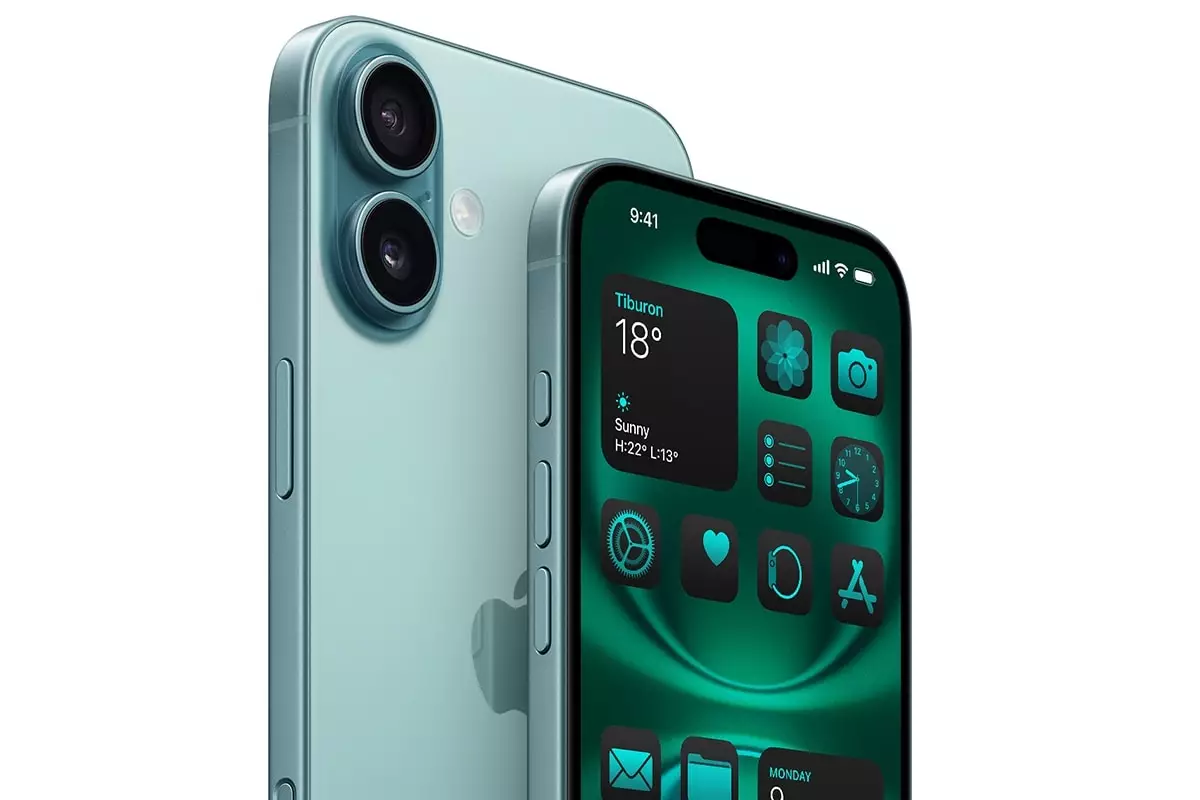Apple’s recent legal action against YouTube personality Jon Prosser and Michael Ramacciotti has ignited a fierce debate about the boundaries between corporate secrecy and public curiosity. While Apple insists it is defending its proprietary trade secrets, critics argue that this lawsuit reveals a troubling willingness to stifle legitimate journalistic inquiry and consumer interest in technological developments. By accusing Prosser of orchestrating a conspiracy to access private developer devices, Apple aims to diminish the transparency that has increasingly defined our relationship with technology companies. Yet, beneath the surface, this case exposes a deeper tension: should corporations wield such power to suppress leaks, or is this a dangerous attempt to control the narrative at all costs?
The Myth of Trade Secrets vs. The Right to Information
Apple’s framing of the situation revolves around protecting “trade secrets”—a term that has gained mythic proportions in corporate culture. While safeguarding innovation is important, the line between genuine corporate espionage and the natural curiosity of an engaged community becomes blurred here. Prosser’s videos, which showcase leaked designs and features of upcoming iOS versions, reflect a broader societal demand for transparency—users want to know what they are buying into before the official release. To dismiss these leaks as malicious espionage is to deny consumers and journalists the right to scrutinize and discuss products that will inevitably influence their daily lives. Moreover, when Apple extracts personal information through alleged unauthorized access, it risks undermining perceptions of digital privacy—a foundational principle that many center-leaning liberals hold dear.
Power Dynamics: Corporate Monopoly and Public Accountability
This lawsuit is emblematic of a broader power imbalance: a corporation with nearly unmatched resources attempting to silence relatively small content creators. As a center-leaning liberal, I see this as a symptom of the unchecked influence that tech giants wield over public discourse. Apple’s aggressive legal strategy suggests a desire to maintain a monopoly not just on hardware and software, but also on the flow of information. The legal framing of the case as a theft of “trade secrets” conveniently obscures the question of whether the company’s proprietary data should be kept from public scrutiny in the first place. When corporations prioritize secrecy over accountability, they risk creating an environment where innovation is stifled and users are denied essential insights into the products they rely on.
Legal Overreach or Necessary Defense?
Of course, Apple’s claims detail a complex series of alleged clandestine activities: unauthorized access, conspiracy, and potential theft of confidential information. Yet, the company’s response raises concerns about whether the legal system is being used as a shield or a sword. While companies have legitimate interests in protecting their innovations, the act of pursuing criminal charges against individuals freely sharing and analyzing technological leaks often drifts toward intimidation. This seems less about justice and more about consolidating corporate power. If we accept that companies can criminalize the sharing of leaked information, we undermine the very foundations of a transparent digital age—where ideas, innovations, and even flaws are open to public discussion.
The Human Element: Accountability, Privacy, and Public Trust
Beyond the legal battle lies a pressing ethical question: to what extent should corporations be accountable for safeguarding their internal processes versus respecting the public’s right to be informed? The alleged involvement of Apple employees and the accusation that individuals accessed a development iPhone through covert means showcases a disturbing disregard for privacy. This case reminds us that behind every tech product is a complex web of human beings—developers, workers, and consumers—whose rights and dignity should be respected. Instead of heavy-handed legal threats, Apple might consider fostering more transparent communication about its innovation roadmap, promoting a more balanced relationship with the community rather than attempting to silence all dissent.
The Broader Message: Innovation Freedoms vs. Corporate Control
Ultimately, this lawsuit underscores a fundamental conflict in our digital society. Are we moving toward a future where corporations wield too much control over knowledge and innovation, or can there be a responsible balance that encourages both creativity and transparency? For center-leaning liberals like myself, the answer leans toward the latter. We should advocate for policies that prevent monopolistic practices while protecting whistleblowers and independent voices. Leaks and unofficial disclosures, when handled responsibly, serve as vital checks on corporate power—reminding these giants that they are not above scrutiny. To suppress such revelations with aggressive legal tactics is to risk alienating the very consumers and innovators who push technology forward.
While Apple seeks to portray this lawsuit as a matter of theft and security, it ultimately reveals a troubling tendency to prioritize control over community engagement. As technology continues to evolve at breakneck speed, so too must our collective standards for transparency, accountability, and respect for individual rights. The challenge lies in ensuring that innovation remains a shared endeavor, not the exclusive playground of corporate elites wielding courtrooms as their battleground.


Leave a Reply